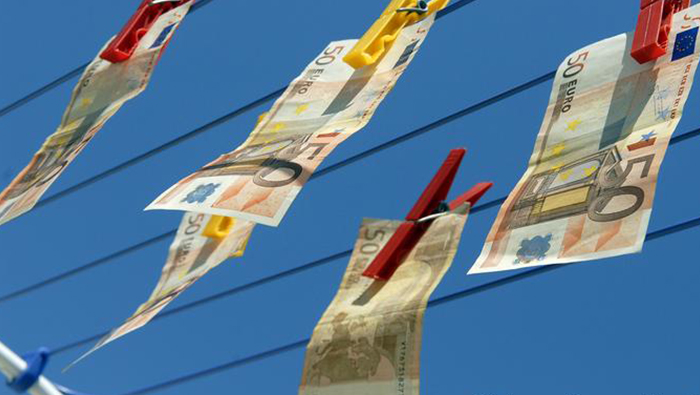
"The rules we have in place to prevent money laundering are among the toughest in the world," said the vice president of the European Commission, Valdis Dombrovskis, "but they must also now be systematically applied."
There hasn't been enough of this in recent years. In practice, many EU member states don't actually implement the rules or are simply too lax in supervising and scrutinising suspicious financial transactions. This is why the European Commission has now officially proposed something Brussels has been working on for months: It wants to create a new EU supervisory authority that will keep a close eye on financial activity in member states and will monitor and audit large transnational financial institutions that are a potential risk.
However, this powerful authority is not expected to start its operations for another three years, and it will be five years before it takes full effect. The EU member states have in principle agreed to the establishment of this central supervisory authority, similar to the one that already exists for banks, but are arguing over where its physical headquarters should be.
Significant 'dirty' turnover
As Mairead McGuinness, the EU commissioner for financial services, acknowledged when presenting the new legislative proposals: "Money laundering poses a clear and present threat to citizens, democratic institutions and the financial system." Transactions involving "dirty" money account for about 1.5 per cent of gross domestic product in the EU — that's €133 billion ($157 billion). "The scale of the problem cannot be underestimated, and the loopholes that criminals can exploit need to be closed," McGuinness said.
In order to achieve this, the Commission wants to standardize the rules on combating money laundering — i.e., bringing "dirty" money from criminal activities into normal, "clean" monetary circulation — right across Europe.
All member states would have to be transparent about who actually owns which companies, financial service providers and real estate. It would no longer be possible in the EU for these to be held in the name of anonymous companies, trustees and representatives. Registers of bank accounts and their account holders would be merged across the EU.
Directive number six
The Commission states that the repeated division of assets into smaller units, the nesting of companies and electronic transactions through a series of foreign accounts all make it very difficult to follow the trail of money obtained through drug trafficking, illegal prostitution, illegal gambling, human trafficking and other crimes of this nature.
A new directive to combat money laundering — this is version number six — aims to make it harder for organised crime and those who finance terrorism to do business. The rules have been tightened up further compared to the fifth directive, which is currently in force. Cryptocurrencies — privately created electronic currencies such as Bitcoin, which the EU believes are particularly well-suited to anonymous transactions — are also being targeted. In future, cryptocurrency providers will have to disclose the identity of the account holder.